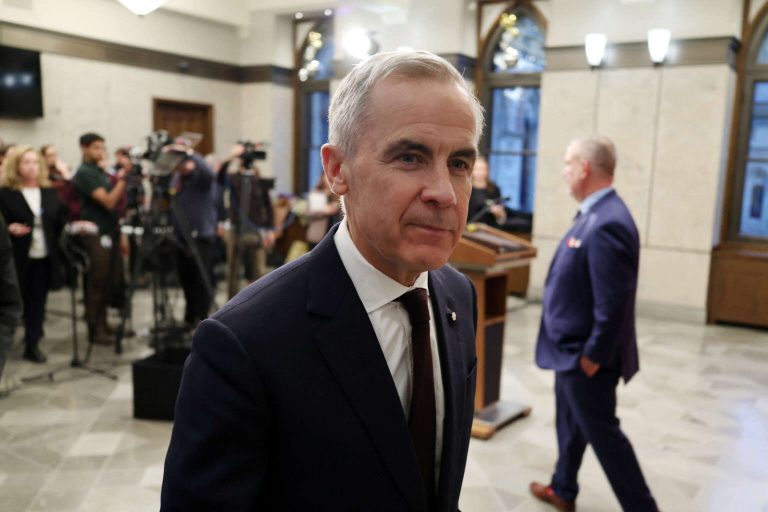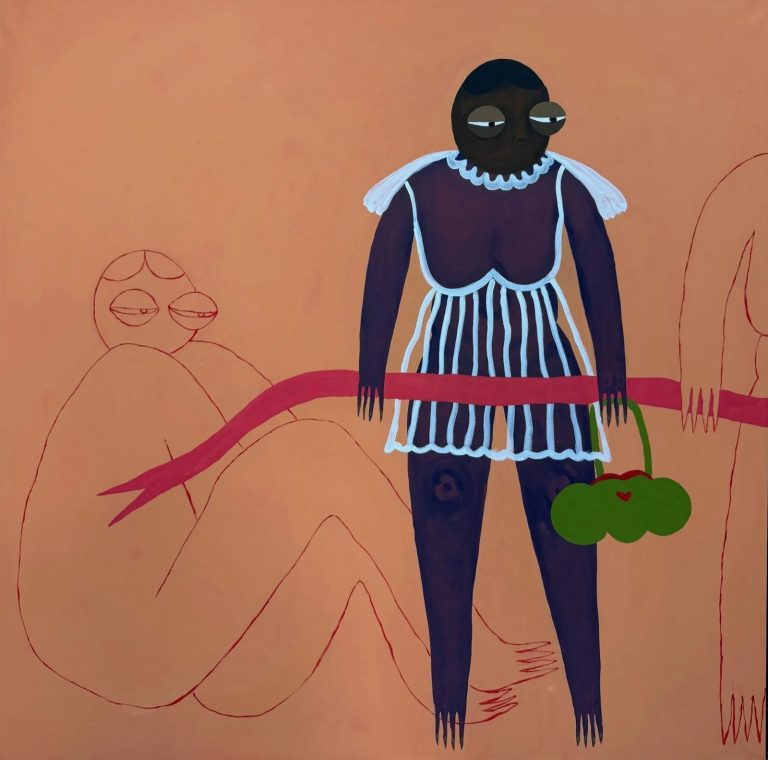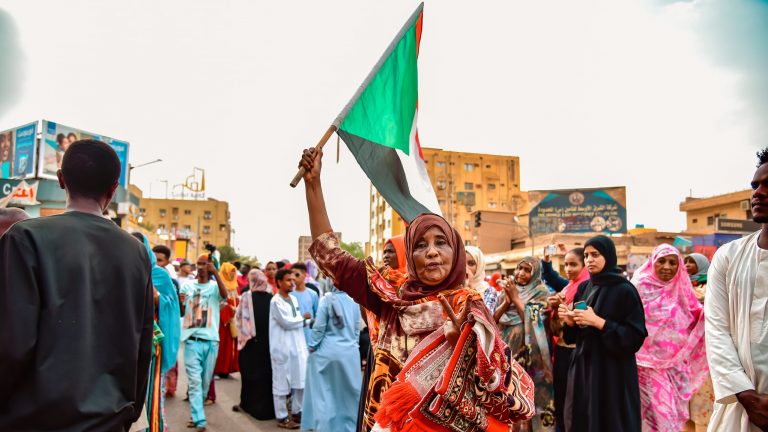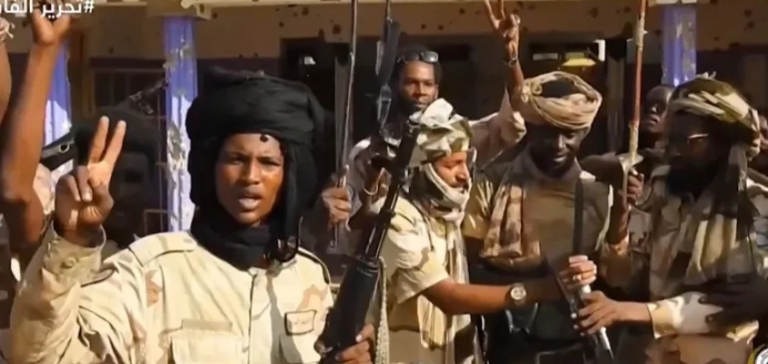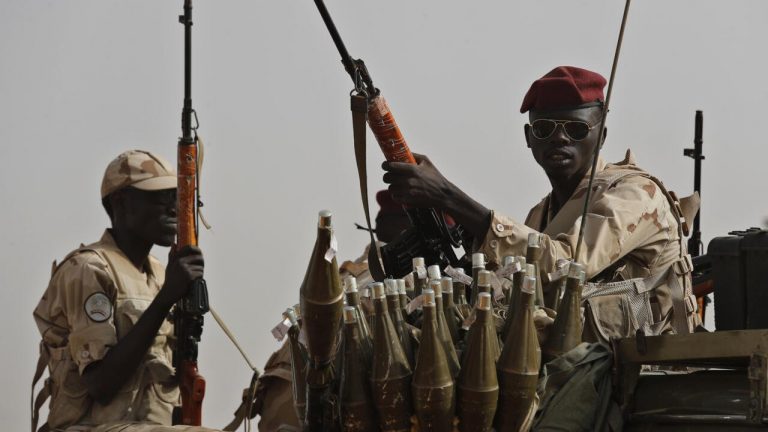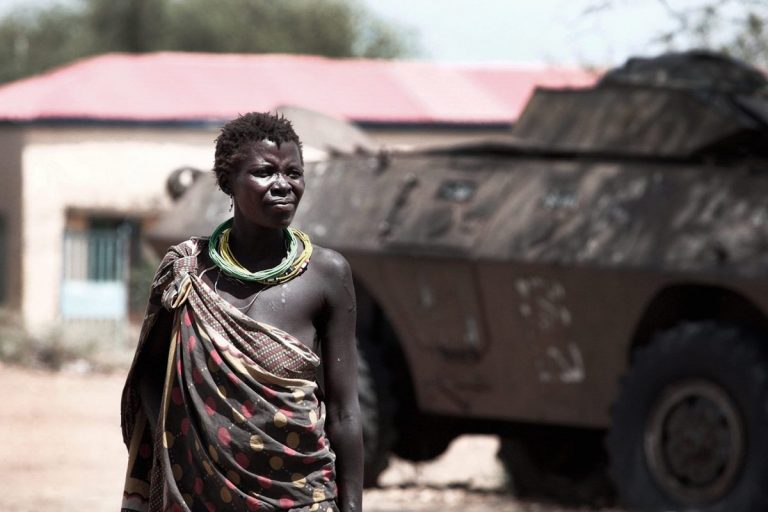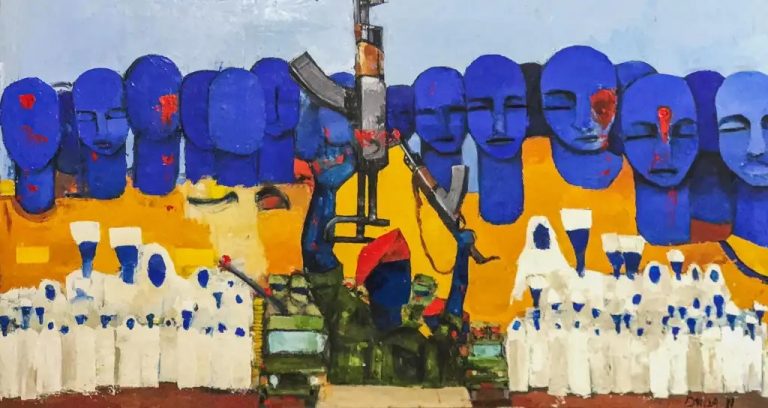As Canadian Weapons Enter Sudan, Activists Decry Canada’s UAE Ties
Canadian Prime Minister Mark Carney has hailed a new economic deal with the United Arab Emirates as a way to “attract billions of dollars in investments into Canada.”
The $50 billion agreement — $70-billion in Canadian dollars — was announced as Carney travelled to Abu Dhabi in November for talks with Emirati leaders, and comes as Canada attempts to diversify its economic partners as it contends with effects of U.S. President Donald Trump’s tariffs.
“We’re building big things, and the UAE wants to build with us,” the Canadian leader said in a social media post about the pact.

